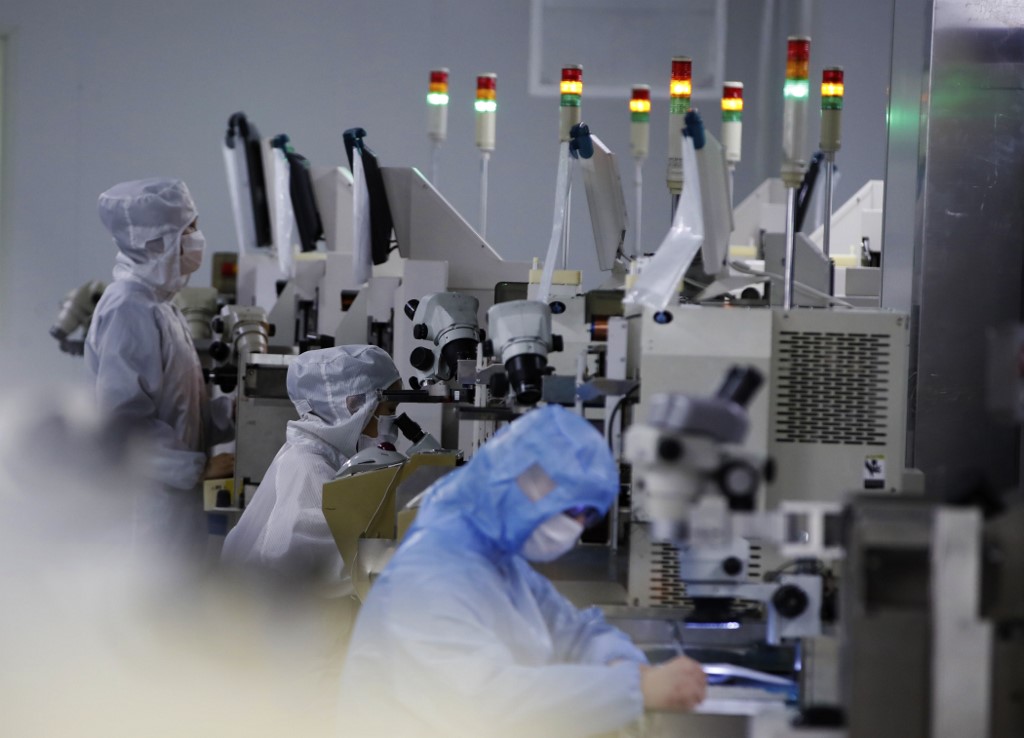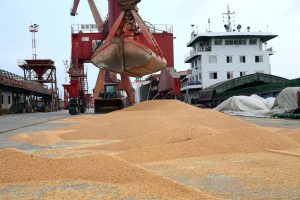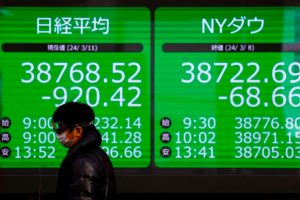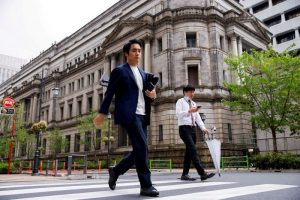(ATF) China’s Ministry of Science and Technology says 82% of the 169 high-tech zones around the country have resumed work.
A high-tech zone is generally a government funded or subsidized industrial area, where all companies must be involved in some kind of high-tech business – activities that vary from 3D design to bio tech. These areas are often likened to a ‘Silicon Valley’ environment.
The ministry announced several measures it is undertaking as the country seeks to gets its economy back on line after various cities were hit hard by lockdowns and other measures to contain the coronavirus.
It emphasized that technological innovation is an important factor for the resumption of production. High-tech zones across the country rely on technological innovation to assist enterprises to resume work and production.
Entry system reads workers’ temperatures
CCTV highlighted the Hangzhou Bijiang High-tech Zone following government orders to develop technology that encourages a resumption of production. Indeed, the park’s entry system automatically reads workers temperatures to prevent an “idle” queue of workers at the entry gate.
“The access control system in front of us is a new product developed by high-tech enterprises in the Hangzhou High-tech Zone (Binjiang) for epidemic prevention and control,” it said. “The personnel wearing masks perform temperature measurement while being accurately verified, greatly reducing the waiting time and avoiding entry of idle personnel.
“The zone has also developed a big data platform in conjunction with local government which gives a detailed data map of all activities and whereabouts of personnel at all times. In addition, this big data platform can also analyze and judge the recovery level of enterprises’ production capacity based on data such as water and electricity consumption, and provide a basis for decision-making for various government departments to continue to provide follow-up services.”
























